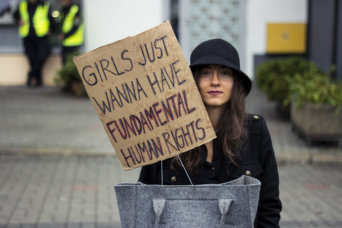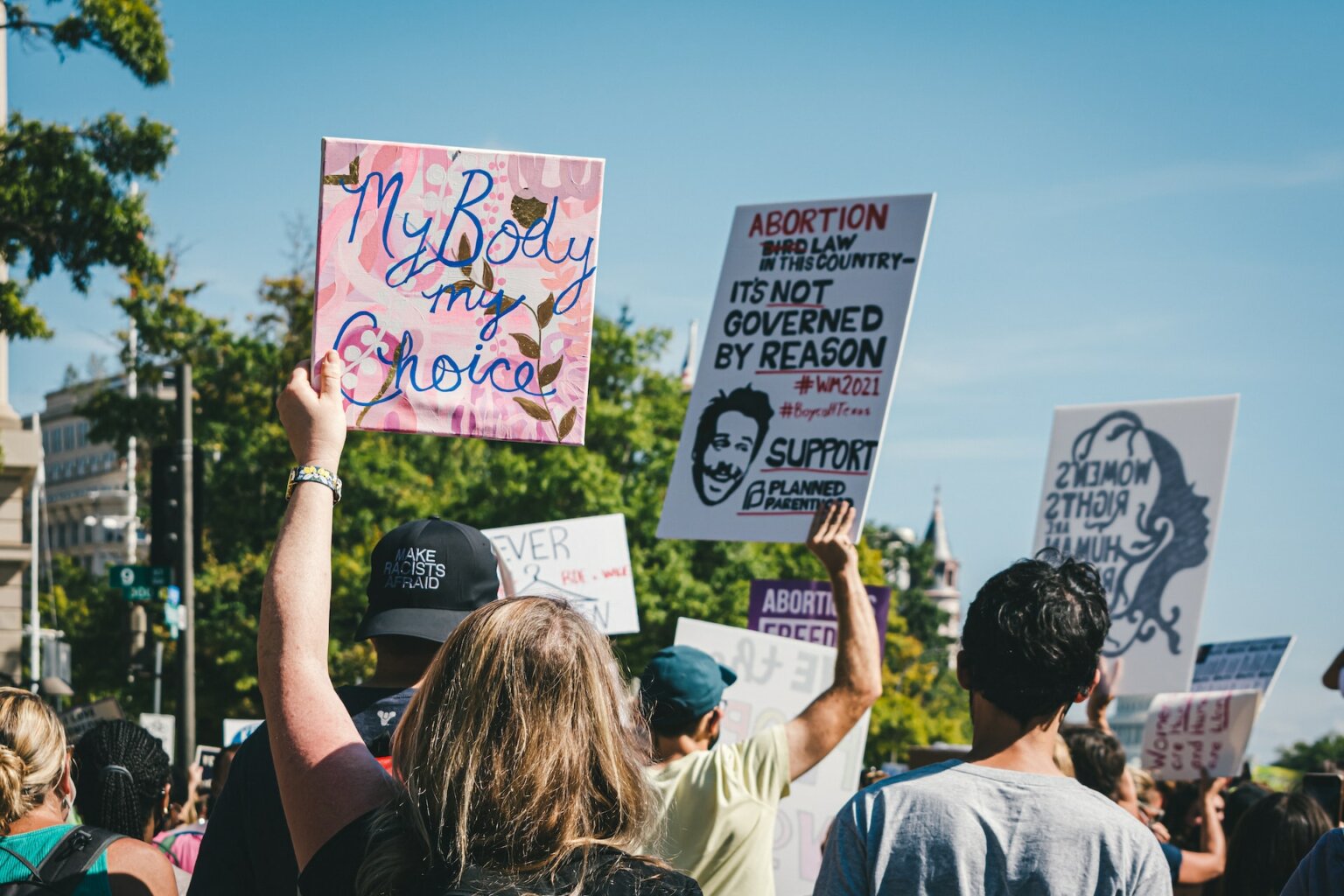- About
- Topics
- Picks
- Audio
- Story
- In-Depth
- Opinion
- News
- Donate
- Signup for our newsletterOur Editors' Best Picks.Send
Read, Debate: Engage.
| topic: | Abortion |
|---|---|
| located: | Poland |
| editor: | Katarina Panić |
Poland has been debating abortion in almost every election for decades. This time the ruling nationalist Law and Justice Party, PiS, misuses the coronavirus crisis to tighten what is already one of the most restrictive laws in Europe, despite significant public opposition.
So far, abortion was only allowed in the case of foetal abnormalities, rape, incest or a risk to the mother's health. Last week Polish lawmakers tried to ban termination in the case of congenital foetal malformation, the cause of the vast number of legal abortions in the majority Catholic country.
"Poles are getting truly angry and disappointed. I have no doubts that next protests and debates about abortion, parallel with those about the rule of law and the presidential election in the middle of the pandemic will lead to people creatively opposing undemocratic practices. People will find their ways, especially in a situation of deepening crisis", Polish journalist Natalia Zaba told FairPlanet.
Limited access to abortion leads either to the illegal medical procedure or going abroad for it. It is estimated some 1,000 legal abortions, and as many as 150,000 illegal ones are performed in the country each year.
"The fact that on April 14 the bill has been sent for further debate to the commissions tells me that for PiS, the project is currently 'uncomfortable' to proceed with it. Around 70 per cent of the population is against the total abortion ban. Currently, PiS is trying to perform presidential elections, and this idea has sparked a long list of controversies of legal and moral nature, which as a result made even conservative voters, who regularly support PiS rebellious. In my opinion, if the election takes place in May, for sure PiS will not bring up the abortion ban law to voting. However, technically the party can do it anytime", Natalia Zaba said.
On that day, activists showed the capability of opposing despite the lockdown. Responding to a call on social media, and not violating the provisions related to the coronavirus pandemic, they paralysed traffic in the centre of the capital at noon as they stopped their cars and bikes, honked their horns and shouted slogans. They called for Poles to protest on their balconies, in shopping queues and by putting posters in their windows.
Back to 2016, a similar attempt led to some of the most persistent street protests, which forced ruling conservatives to back away from an abortion ban. Today as well as four years ago in the so-called Black Marches, women were dressed in black and held the coat hangers – a symbol of illegal abortion.
Image by Iga Lubczańska/flickr

